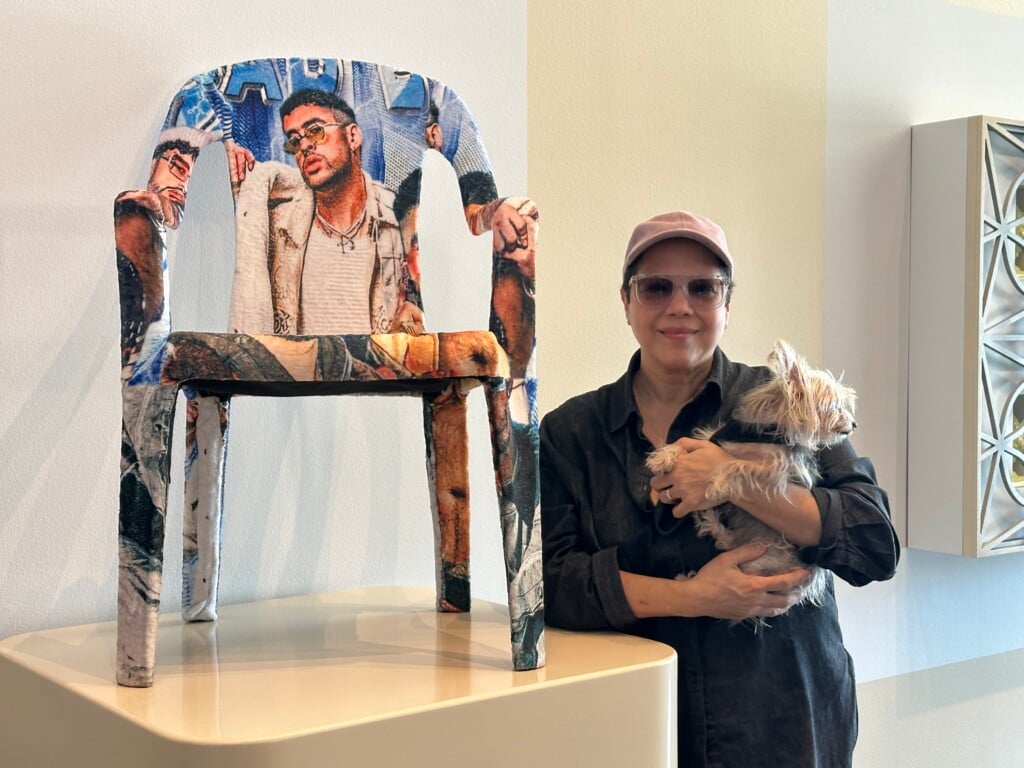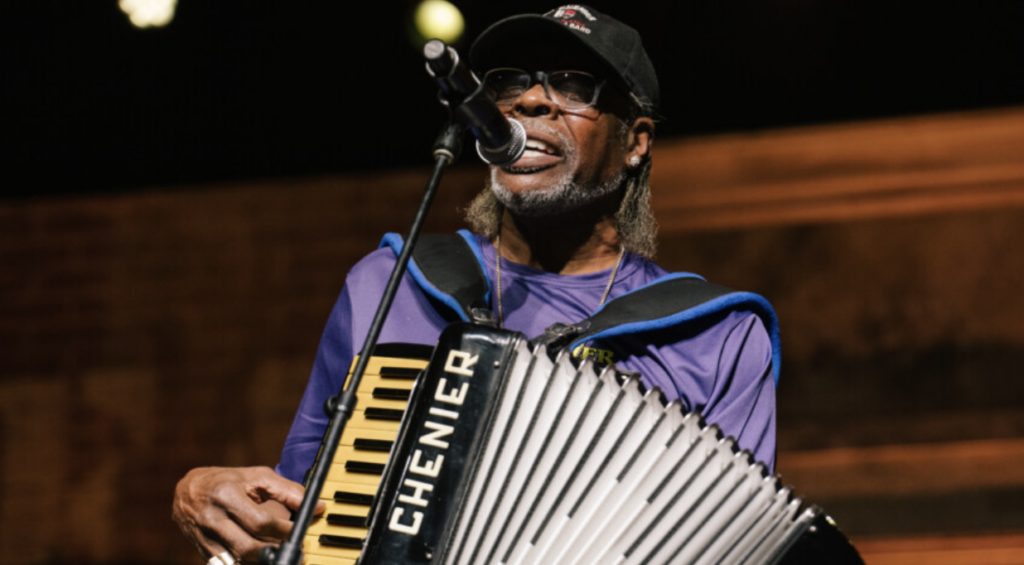The Great Non-White Way

Sitting the history books during high school in Kansas City, Kansas, never fazed Christina Anderson; they were just there, to be read, memorized and regurgitated onto tests or essays. It was when she got to Brown University in Providence, Rhode Island, that she noticed something was awry.
“I realized how much was lacking,” she says. “I realized how there were so many holes.” What had been held up as a gem was revealed to be a turnip.
The old white, European-male documentation of history may be the subject most vexing to people who come from outside those boundaries. Anderson is a young black female whose talent as a playwright gives her permission to tally up the wrongs and make things right, as she’s done with her play in progress, Sacagawea: Breath of an American Spirit.
The play was recently put to the test in a staged reading at New York’s Provincetown Playhouse in Greenwich Village. It featured a notable crew of former Kansas Citians as well as Kansas City theater biggies, including the reading’s director, Jeff Church of the Coterie, and, onstage, Late Night Theatre fuhrer Ron Megee and actor Gena Bardwell. Though Sacagawea is a prominent figure in the script, Anderson tells the story from the perspective of a black teenage girl who is researching the Indian guide to explorers Lewis and Clark. A twist of virtual reality leads her to an encounter with her subject and the key players in her life.
“Her story is amazing,” Anderson says. “She was a teenage mother crossing the land with a group of white men. She was kidnapped, raped and abused throughout. She was a young woman who breathed and lived and had feelings. All of these aspects reveal her greatness and her human side. That is one of the things I want this play to expose: her human part.”
Provincetown Playhouse is known for giving birth to new plays for young audiences. One of its most recent successes was Laurie Brooks’ look at teenage gay-bashing, The Wrestling Season, which premiered at the Coterie last season and went on to be published in American Theatre magazine.
Sacagawea (pronounced with a hard g, as in “gun”) will kick off the Coterie’s 2001-02 season in September. During the last week of June, it went through taxing rehearsals and late-night rewrites prior to its first staged reading for audiences on June 29.
Reviewing a staged reading is off-limits; such pieces are billed as works in progress and should be treated as the experiments they are. But, Anderson says, “the play is written in a performance-art/spoken-word style, to offer another way of recounting historical events. For a long time, oral accounts and creative writing weren’t considered legitimate historical resources. I’ve embraced the poetry style in other works [as well], but it fits well with this play because it opens the space for these stories to breathe and roam.”
Anderson, whom American Theatre tagged in April 1999 as one of fifteen up-and-comers under thirty, says she began writing “really young, like three or four. I would scribble stuff on paper and give it to my mom and tell her what it said.” At Schlagle High School, her drama teacher, Paula Zeig, cast her as Miss Hannigan, the children-hating headmistress of Annie, and as the caterwauling Lucy of You’re a Good Man, Charlie Brown. But Anderson was drawn behind the scenes.
“I wrote a short piece about a group of men in a barbershop. I submitted [it] with my application for [the Coterie’s] Young Playwrights’ Roundtable and got accepted,” she says. “Everything took off from there.”
At age 21, she admits to being a tad overwhelmed by the fact that her work is being staged in New York. “It means so much to me because I want as many people as possible to see the play. New York is the place where a lot of playwrights want their plays read, even if it’s some hole in the wall. ‘A reading in New York’ — those words taste so good to so many writers,” Anderson says.
Disney lands: The Aida tour that departed Starlight’s season-opening slot last week was a near-perfect facsimile of the New York production firmly ensconced at the Palace Theatre. Though the first half-hour revealed vocal problems from the three leads — Patrick Cassidy, Kelli Fournier and, understudying for Simone in the title role, Merle Dandridge — that wasn’t a consistent glitch. Dandridge, especially, gathered momentum with “Not Me” and the gospel-influenced “The Gods Love Nubia,” which closed act one.
Perhaps the most noteworthy part of the evening, however, was the crowd, one of the local theater scene’s most diverse. Suburban white kids sat next to spiffy African-Americans shoulder-to-shoulder with gay couples surrounded by sunburned grandmothers and lots of kids. Despite Starlight’s flaws (such as chatterbox Bob Rohlf’s precurtain warm-up that added nothing to the show but a fresh imprint of lipstick on the butts of his corporate sponsors), its audience might well have reflected Kansas City at its most color-blind.




